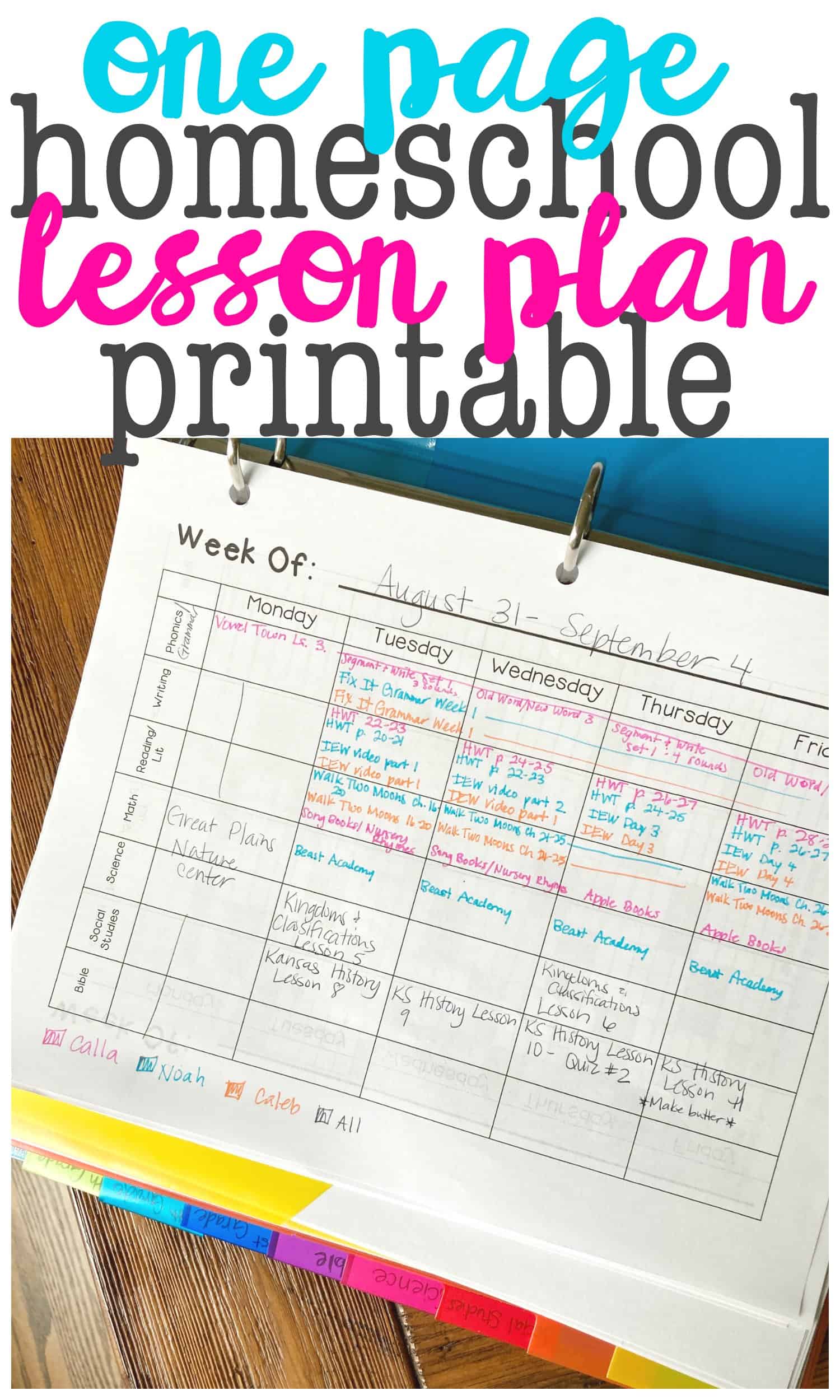Guided Learning: Effective Home Schooling Lesson Plans

Crafting Success: Mastering Effective Home Schooling Lesson Plans
Embarking on a homeschooling journey necessitates the development and implementation of Effective Home Schooling Lesson Plans. These plans serve as the roadmap for daily learning, providing structure and direction. In this exploration, we delve into the key elements that make home schooling lesson plans successful and impactful.
Understanding Educational Goals and Objectives
The cornerstone of effective home schooling lesson plans lies in a clear understanding of educational goals and objectives. Before crafting any lesson plan, parents should identify what they want their child to achieve. This could include mastering specific concepts, developing critical thinking skills, or acquiring practical knowledge. Clearly defined goals guide the selection of activities and materials.
Tailoring Lessons to Individual Learning Styles
One size does not fit all in education, and effective lesson plans consider individual learning styles. Recognizing whether a child is a visual, auditory, or kinesthetic learner allows parents to tailor lessons to match the child’s preferred mode of learning. Customizing lessons in this way ensures that information is presented in a manner that resonates most with the student, fostering better understanding and engagement.
Incorporating Varied Teaching Methods
Successful home schooling lesson plans employ a variety of teaching methods to keep lessons engaging and dynamic. Combining traditional teaching with hands-on activities, discussions, educational games, and multimedia resources caters to different learning preferences. This diversity not only enhances comprehension but also makes the learning experience more enjoyable.
Utilizing a Scope and Sequence
A well-organized home schooling lesson plan includes a scope and sequence, outlining the topics to be covered and the order in which they will be taught. This roadmap ensures a logical progression of concepts, preventing knowledge gaps and providing a clear trajectory for the educational journey. A scope and sequence also aid in long-term planning and assessment.
Integrating Real-World Connections
Effective lesson plans go beyond theoretical knowledge and integrate real-world connections. Linking lessons to practical applications fosters a deeper understanding of concepts. Whether through experiments, field trips, or discussions about real-world issues, incorporating these connections makes learning more relevant and meaningful for students.
Building in Flexibility and Adaptability
Flexibility is a key attribute of successful home schooling lesson plans. Life is unpredictable, and being open to adjustments is crucial. Lesson plans should allow for flexibility to accommodate unexpected events, address individual learning needs, and take advantage of teachable moments that arise spontaneously.
Regularly Assessing Progress
Assessment is an integral part of effective home schooling lesson plans. Regularly evaluating a child’s progress through quizzes, projects, and discussions helps gauge comprehension and identify areas that may need additional focus. Assessment is not only a measure of academic success but also a tool for tailoring future lesson plans to address specific learning needs.
Encouraging Student Engagement and Ownership
Successful home schooling lesson plans prioritize student engagement and ownership. Creating lessons that spark curiosity, encourage questions, and provide opportunities for independent exploration fosters a sense of ownership in the learning process. When students are actively engaged, they become more invested

64be9b29b5881.jpg)




